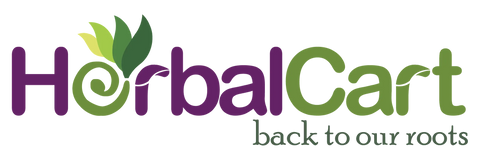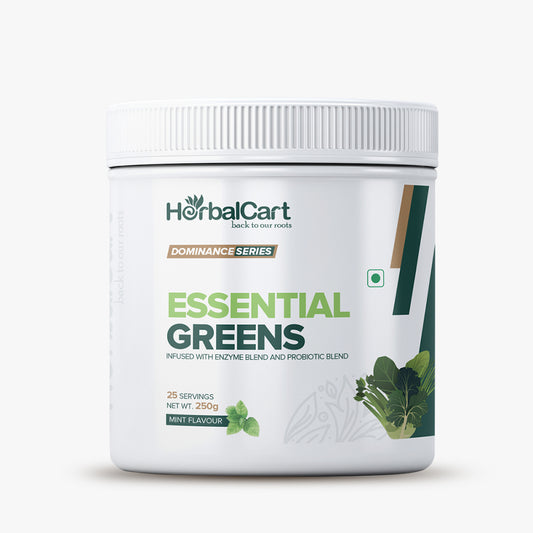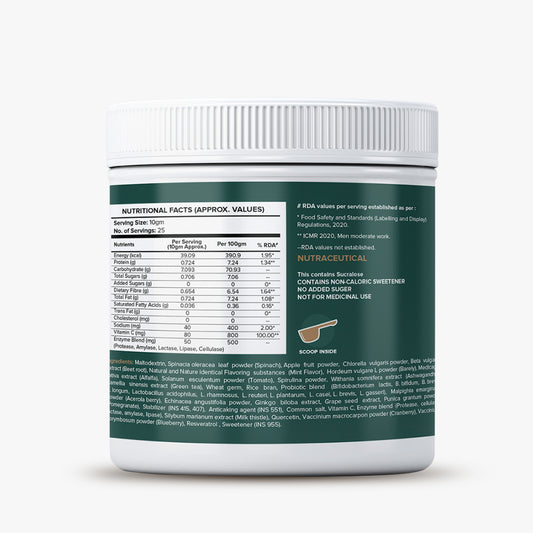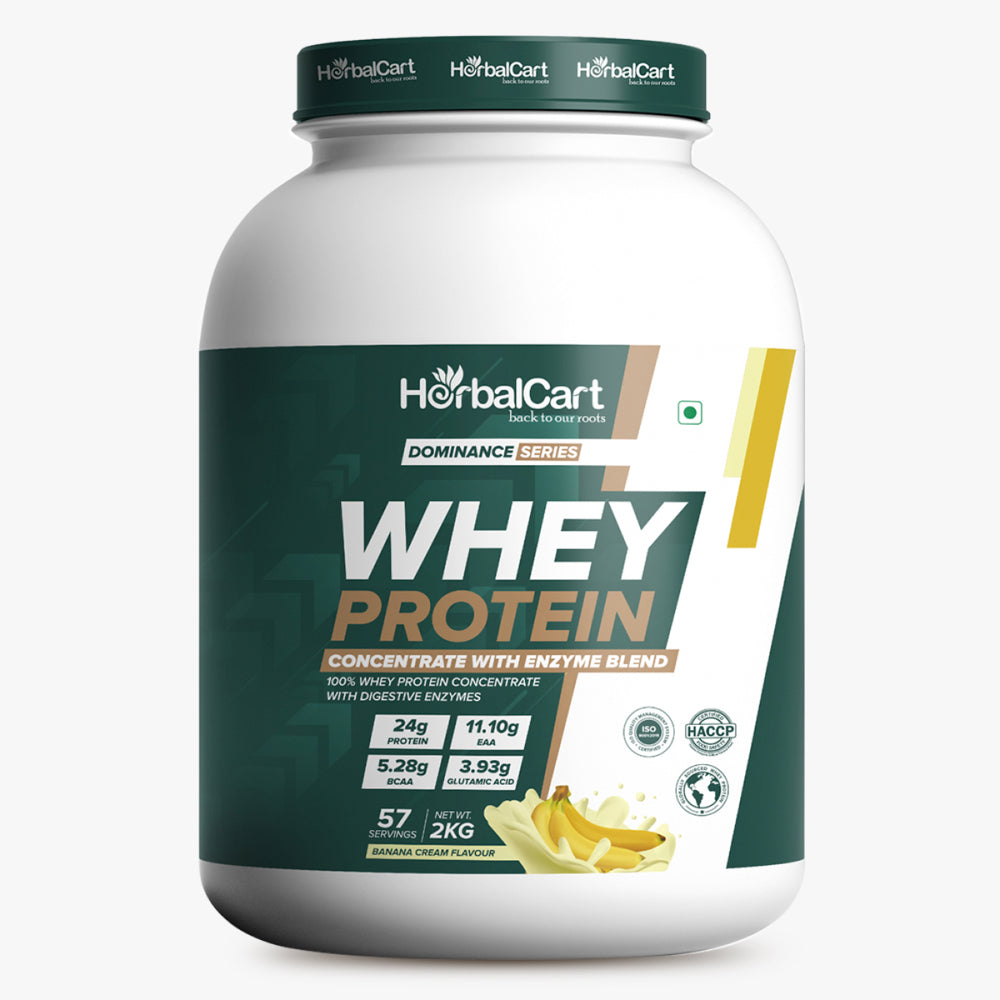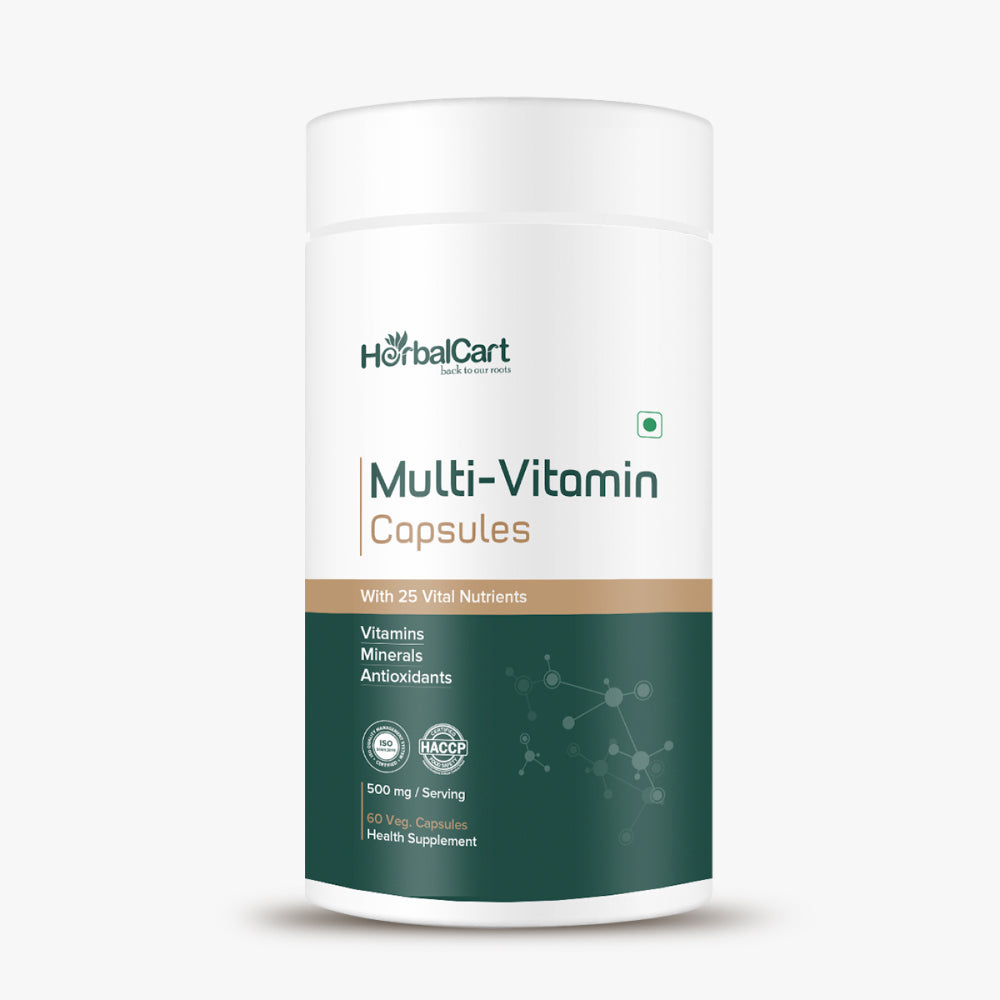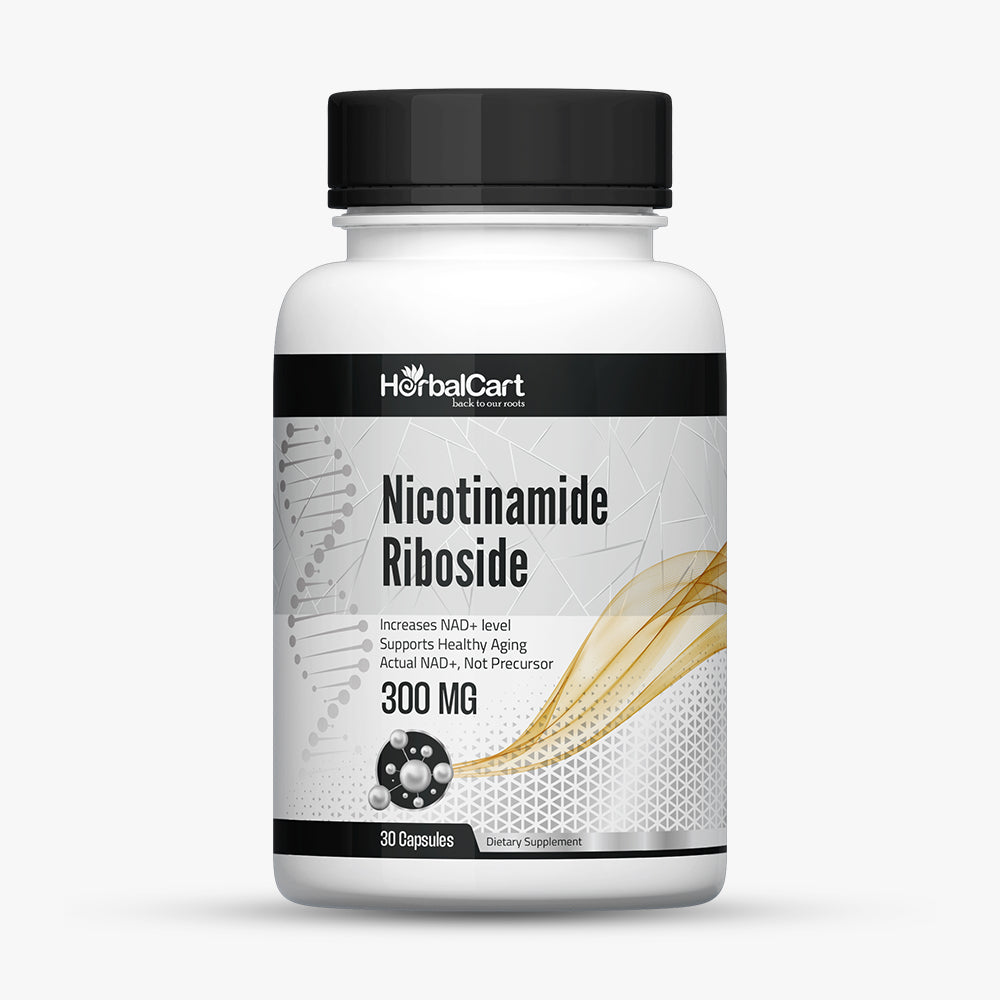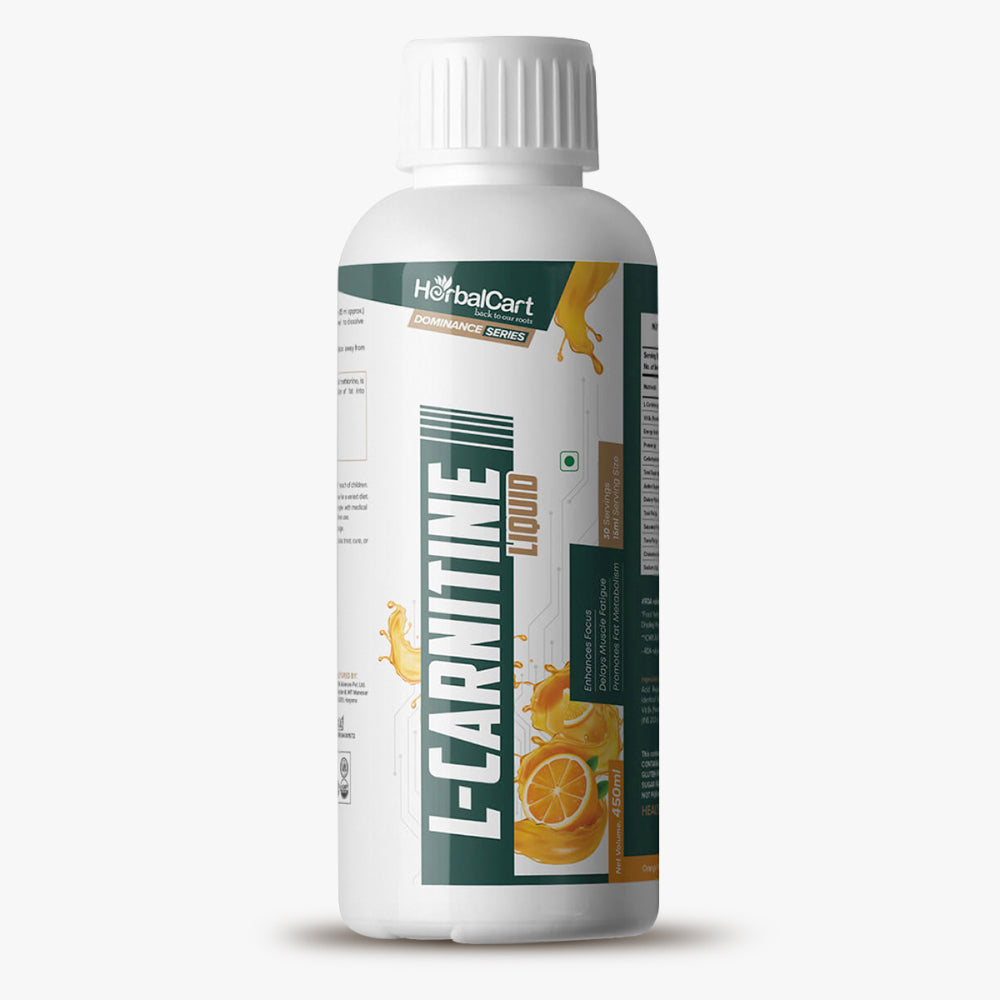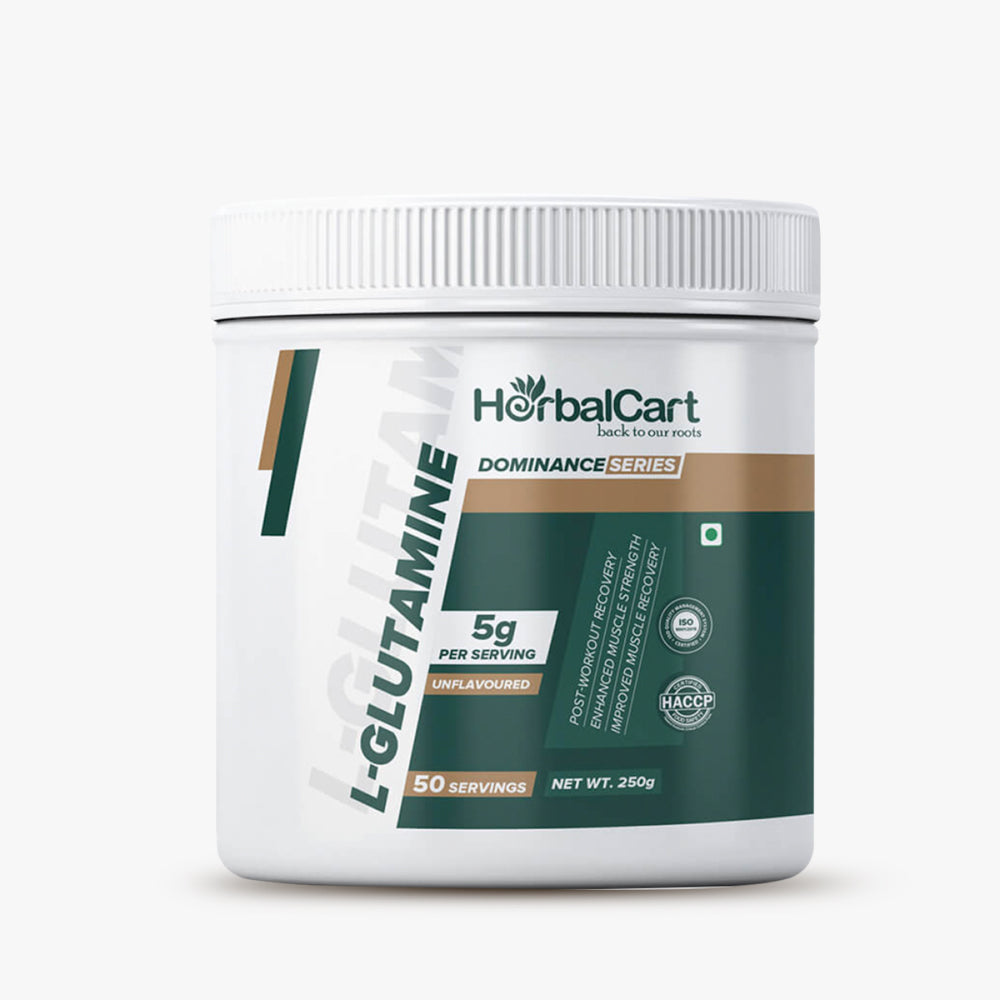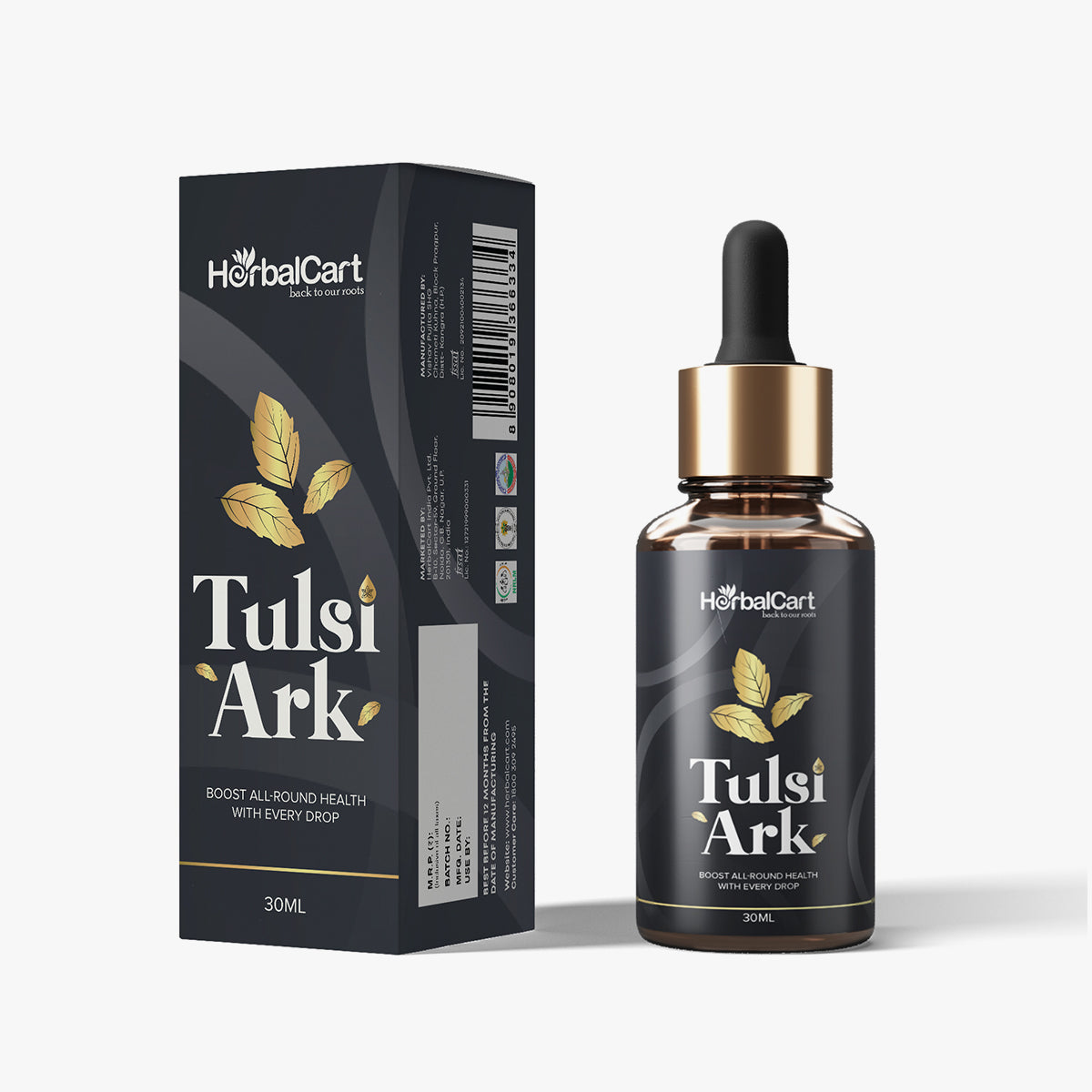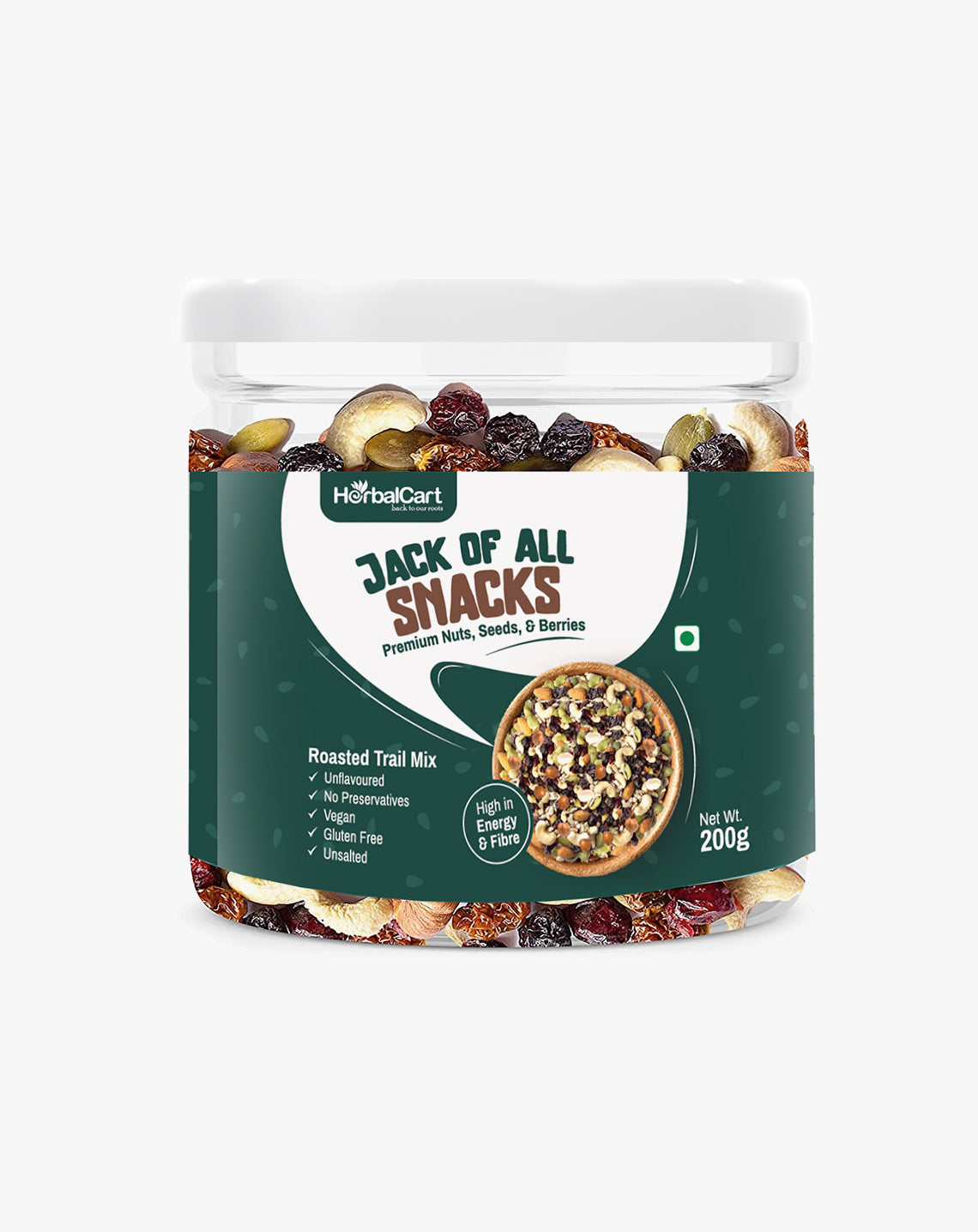There are some myths related to proteins that humans still need to believe. Proteins allow you to become fat and one needs a higher amount of protein to keep themselves fit. Most of the time we generally think that red meat is not always suitable for fitness. This is why humans need to have dairy products.
The major reality behind these 9 characteristic myths will surely set you up for success and even help you to consume a healthy diet. Here are some myths about proteins that you should definitely know-
Myth No.1: Some resources of protein are horrific
You need to realize the cost that animal protein is not the source of fiber. We suggest you try diversifying protein sources with soy such as tofu, edamame, tempeh, and soy-based veggie burgers. Do you know that beans and inexperienced peas are excellent plant sources of protein for your fitness?
While combined collectively with pasta, bread, or ice, you can get all of the essential amino acids, which dairy meal products are too, a high-quality source of protein and are available in low-fats and excessive-fats and among options.
It’s best to consume red meat; one additionally needs to keep in mind chicken and fish, considering they can provide sufficient proteins and different essential vitamins, decreased amounts of saturated fats, and, in some instances, omega and fatty acid.
Myth No.2: Protein only comes from dairy, egg, and meat
Dairy products, eggs, and meat are considered to be good sources of proteins. Heard about poached chicken breasts in the morning, noon, and night-time? Healthy and cooked meats and fishes work as an excellent source of protein. Yogurt, eggs, cheese, and other dairy products are the best sources of proteins.
Healthy, cooked meats and fish are an excellent source of protein. Yogurt, eggs, cheese, and most other dairy products are among the best proteins.
It is necessary to remember that every meal contains proteins in different quantities. Therefore, the essential thing for you to observe when it comes to the source of protein, they can be divided into two categories, including incomplete and complete proteins.
Incomplete proteins include veggies, beans, legumes, nuts, seeds, grains, beans, etc.
It also offers you the complete protein that comes with different meals consisting of quinoa and soy, consisting of the nine essential amino acids that your body needs to maintain to remain healthy.
Myth No.3: Everyone should intake a protein supplement
Do you know? The general public gets enough protein without even trying. The required and recommended nutritional allowances are approx. 0. 4 grams in line with a pound of body weight. For a person of a hundred and fifty- pounds, the required protein supplement is 60 grams each day. Chicken breast and Greek yogurt can be beneficial for fitness in some instances. Nevertheless, a few people might also benefit from additional nutritional supplements if they require extra protein for health reasons. Furthermore, protein powders can be costly and may have imperishable elements that pose a high threat to an athlete. Several supplements may also no longer contain what the label indicates, and others may include a minuscule number of phytonutrients and herbal vitamins and minerals.
Myth No.4: Plant-Based food regimen doesn’t provide enough protein
It is necessary to broaden the perfect plan that optimizes health and nutrition. Many plant foods contain an equal amount of protein as compared to animal products and might not contain all of the necessary amino acids. You may go for the combination of lentils and rice which works as an excellent source of protein.
Myth No.5: One must take a high-protein that will help you shed pounds
The healthiest way to lose weight is to retain the right balanced food plan. This is because the right protein-rich plan will help you digest more slowly than carbohydrates.
This is because carbohydrates and fats also get counted as proteins that can be harmful to your body. This is why the body weight of humans depends directly upon the number of calories consumed by them.
So, apart from taking the protein-rich supplement, you need to intake the right protein supplement that will give you extra energy and motivate you to gain weight.
Read More: Plant-Based Proteins – An Ultimate Guide
Myth No.6: Excessive-Protein diets damage your kidneys
You need not consume extra protein that can easily harm your kidneys if you are suffering from severe kidney or liver disease. This is why healthy kidneys remain good at expelling the excess nitrogen that originates from many steaks, eggs, and beans.
It also weakens bones, and some research has suggested that consuming excessive protein intake can release more calcium from your body.
It would help if you diversified your plant and animal protein intake to maximize bone health. So you need to ensure that your balanced food consists of calcium-containing food and supplement, which is necessary to avoid calcium deficiency.
It’s to consider that eating excess proteins harms the kidney if one is kidney or liver disease. Therefore, protein should be taken in a proper manner, not in an excess amount.
Myth No.7: As long as you eat enough protein daily, it doesn’t matter when or how you consume it
People tend to eat most of their protein at lunch and dinner, but you should eat about 20 to 30 grams per meal to maximize muscle protein synthesis. You can add eggs, yogurt, tofu, turkey sausage, or fish to your breakfast. You need to include beans and lentils, tofu, turkey, ham, cheese, and eggs during your lunchtime. These plant-based diets are the ones that can help you to keep your health on track.
Myth No.8: All sources of proteins are the same you’ll find the proteins in lots of meals which you eat
You don’t need to get the complete protein-packed supplement to nourish your body with perfect supplements. Since, even if you take a plant-based diet, you can also consume all the essential nutrients required for your body. You can think of adding protein powder to your glass of milk which is a simple and easy way to boost your health. This is because proteins are necessary for building and maintaining muscle, and bone strength, and in maintaining numerous body functions. As many older adults shall not consume enough protein because of a reduced appetite.
Myth No.9: It’s not possible to eat a lot of protein
You may use the protein supplement if you perform any exercise as it helps your muscles recover. However, these supplements do not make your muscles big. This is because whey protein is the natural form of protein derived from cow milk and consists of two main protein components called casein and whey. Moreover, both of these components carry Protein Digestibility Corrected Amino Acid that carries the score of 1.0, which is an adequate score for sourcing higher proteins.
Conclusion
There is no such thing that a plant-based diet doesn’t offer you enough protein. It’s just a myth. One can get enough protein from a plant-based diet, eggs, and meat. In the end, it depends upon us what types of food sources are taken by us to derive proteins. Therefore we at HerbalCart advise people to do more research on protein before taking any protein type of supplement. Lastly, do not assume that plant-based diets will not offer enough protein.
